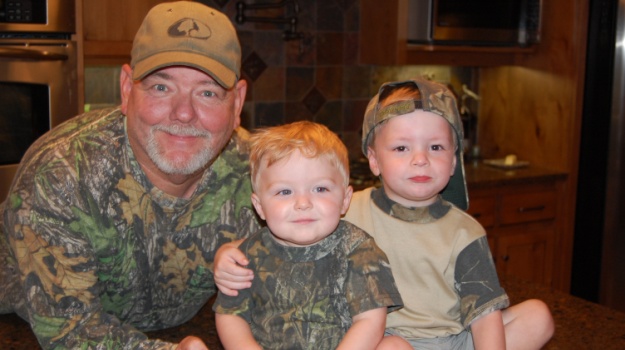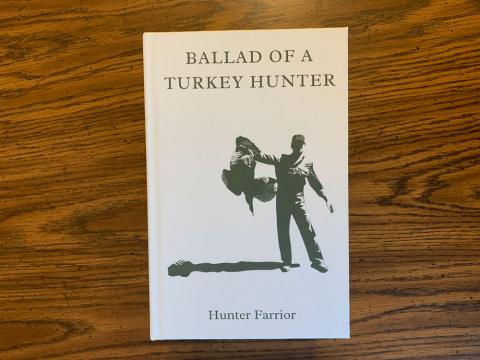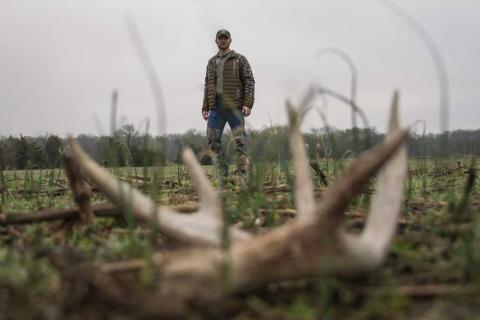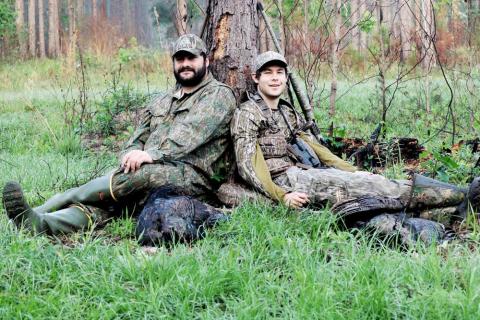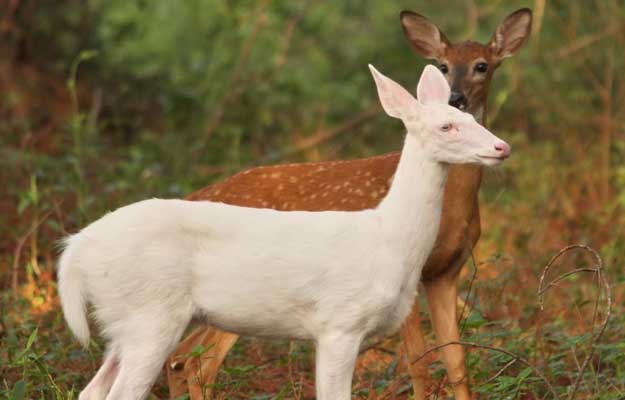
Albino deer. Just mention those two words around a campfire or any gathering of hunters and you are sure to get some stories going. There is something mysterious and very intriguing about a true albino whitetail in the wild. Native Americans even believed they were magical and bad luck to kill.
By definition, an albino deer is totally absent of body pigment and is solid white with pink eyes, nose, and hooves. Often confused with an albino, a piebald deer is more common and is also a genetic mutation. Piebald deer can have white patches of hair but otherwise is colored normally.
Albinism is a recessive genetic trait that is found in animals where the gene responsible for hair, tissue, or skin coloration is missing. Since albinism is a recessive trait, both parents must carry the trait to have albino offspring. So if an albino buck were to breed a doe that is not, they could only have an albino offspring if she carried the recessive genes for albinism. These offspring would carry the recessive gene but would have normal pigmentation.
When two whitetails breed that carry the recessive genes, they have around a 25% chance of producing an albino fawn. Research says that your chances of seeing an albino in the wild are about 1-30,000, although there are some areas in the north that seem to have higher occurrences of true albino whitetails.
Since whitetails are a prey species, being solid white carries some serious disadvantages. Not only are they highly visible to predators and hunters from the day they are born, but albino deer can also have poor eyesight. With the handicaps that an albino deer may have, it would be rare for one reach maturity or even more so, old age. Some states protect albino deer such as Minnesota, Tennessee, Illinois, Wisconsin, and Iowa. If you are lucky enough to lay eyes on a true albino whitetail, count yourself blessed. Most gamekeepers will never see one even in a lifetime of hunting.
This tip is courtesy of the GameKeepers Field Notes, a weekly wildlife and land management email newsletter produced by the Mossy Oak GameKeepers.
A GameKeeper by definition is someone who truly loves AND lives the land, the critters and nature…not just during hunting season but all the time. A GameKeeper wants to be outdoors every day and work the dirt while living their personal “obsession”.
Find out more about what makes a GameKeeper by visiting our website.

















